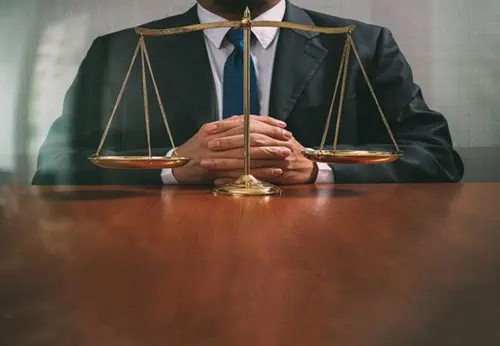 Establishing The Element Of Duty Or Proving The Attorney-Client Relationship
Establishing The Element Of Duty Or Proving The Attorney-Client Relationship
Establishing the element of duty and proving the attorney-client relationship exists is usually very clear. Even if not required, it’s common to obtain a contract of some kind. If you don’t have a contract, you can show some activity between you and the attorney.
In rare cases, you may think you have an attorney-client relationship because you spoke with an attorney, but the lawyer doesn’t think he or she is representing you. Then, when you show up and say, “When did you file my suit?” The attorney has done nothing because the relationship is unclear.
However, in most cases, cases arise from a situation where it’s a clear attorney-client relationship, and the lawyer misses something such as a deadline and/or witnesses listings or expert reports.
The Basis Of Legal Malpractice: The Attorney-Client Relationship/Duty
If you cannot prove an attorney-client relationship existed, you don’t have a viable legal malpractice case.
The Benefit of Expert Testimony
In some cases, the courts will determine that expert testimony is not necessary. But in most cases, it is necessary.
For instance, let’s say your attorney misses a deadline, and the statute of limitations ends, meaning the attorney cannot file the suit. Everyone would agree that missing that deadline is negligence thus an expert is not needed.
However, if you have other issues where something was done or not done, testimony from an attorney who’s an expert in that field is usually sought by both sides. This way, they can determine whether or not malpractice occurred, and whether or not the action that attorney took violated the standard of care by other attorneys practicing in that area in that location.
To be on the safe side, you should probably have expert testimony for almost everything. Personally, I’ve been an expert witness many times on behalf of other plaintiffs. I’ve been retained by the lawyers to provide that expert testimony, and I have hired other attorneys many times to give expert opinions on particular factual situations and cases that I’ve litigated.
Attorney Credentialing As Experts
Attorneys don’t take an exam to certify they are an expert. However, an attorney who presents himself or herself to be an expert in the specific field(s) implies a higher level of education, experience, and skill than another attorney who does not present himself or herself as an expert.
In practice, a lawyer does not have to provide expert credentials. In addition, Louisiana only allows attorneys to advertise as experts in a couple of limited fields such as tax law, bankruptcy, and family law.
Shifting of The Burden of Proof
You cannot prove that a lawyer was negligent based on a hypothetical alternative. In Louisiana, once the plaintiff establishes that malpractice has occurred, the burden shifts to the lawyer’s attorney to show that the case could not have been won.
An example of a case that could not have been won is where you go to see an attorney but the statute of limitations ended over a year ago. The lawyer you talk to cannot take the case because the case was dead on arrival before you even talked to him or her.
No attorney will take such a case against that lawyer – because the case you brought wasn’t viable in the first place.
The Rarity Of Legal Malpractice Stemming From Criminal Representation
A legal malpractice case arriving out of a criminal representation is rare. In criminal cases, a lot less emphasis is placed on deadlines. A lot of decision-making happens quickly, and a lot more emphasis is on trial strategy rather than legal malpractice.
Personal Injury Attracts The Most Legal Malpractice Cases, But It’s Not The Only Area Of Legal Malpractice
Most legal malpractice cases stem from personal injury cases that were lost either by missing deadlines or not calling in experts to testify. Some other legal malpractice cases have been in the areas of family law. However, these are only the most common areas of malpractice, and legal malpractice can happen in any area of legal representation.
For more information on Legal Malpractice Law In Louisiana, a free initial consultation is your next best step. Get the information and legal answers you are seeking by calling (985) 200-8466 today.

Call For A Free Consultation
(985) 200-8466

 Establishing The Element Of Duty Or Proving The Attorney-Client Relationship
Establishing The Element Of Duty Or Proving The Attorney-Client Relationship